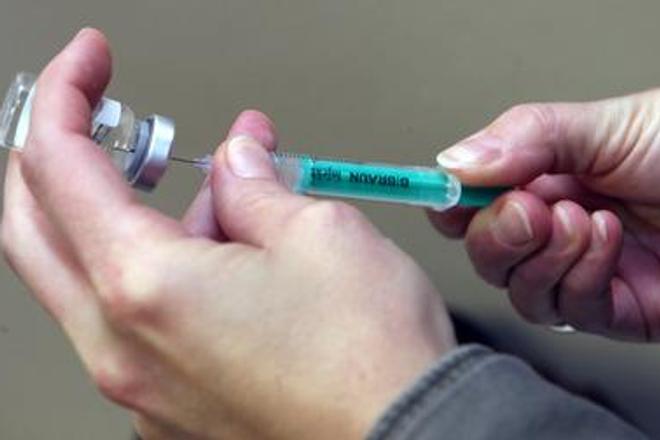Two Slovaks working in Austria are suffering from measles: a 40-year-old woman and 46-year-old man, both from the Bratislava Region and working in Austria.
The data of the European Centre for Disease Prevention and Control suggest that a total of 29 cases of measles were reported in Austria between the beginning of this year and April 6, of which 14 were in Vienna, Slovak media wrote on April 24.
Slovakia still has not got rid of the threat of measles epidemic that killed dozens of people only in Romania last year, the Sme daily wrote. Public health officials reported two newly infected people from Slovakia and they warn against the outbreak of small epidemics with mainly small children being threatened.
Problems with vaccination
Collective immunity has disappeared due to a low vaccination rate, the daily wrote, adding that in Bratislava, this rate is less than 93 percent. If vaccination is to also protect those who have not been vaccinated, the rate has to achieve at least 95 percent. When the rate is lower, local epidemics can break out, the Pravda daily wrote.
The vaccination rate in Slovakia increased, however, following last year’s measles epidemic in Europe. Babies are first vaccinated against measles at 15-18 months of age. Those who refuse to get their children vaccinated can be fined with €331.
"Epidemiologists of the Public Healthcare Regional Office of Bratislava Capital have carried out due anti-epidemic measures to prevent the spreading of measles,” the main public health official in the country, Ján Mikas, told Pravda. He reminds doctors that when seeing similar symptoms, they should consider this ailment.
The situation in Slovakia and surrounding countries is being monitored by healthcare offices.
Measles is among the most serious childhood illnesses. It is very infectious, with the virus spreading by air. It leads to frequent complications, bronchitis, pneumonia, and the inflammation of nervous system. The ailment can be even fatal.
Vaccination is the most effective prevention against measles – and it is obligatory, performed in the 16th month or 18th (at the latest) month of age, and in the 11th year.



 Illustrative stock photo (source: SME)
Illustrative stock photo (source: SME)